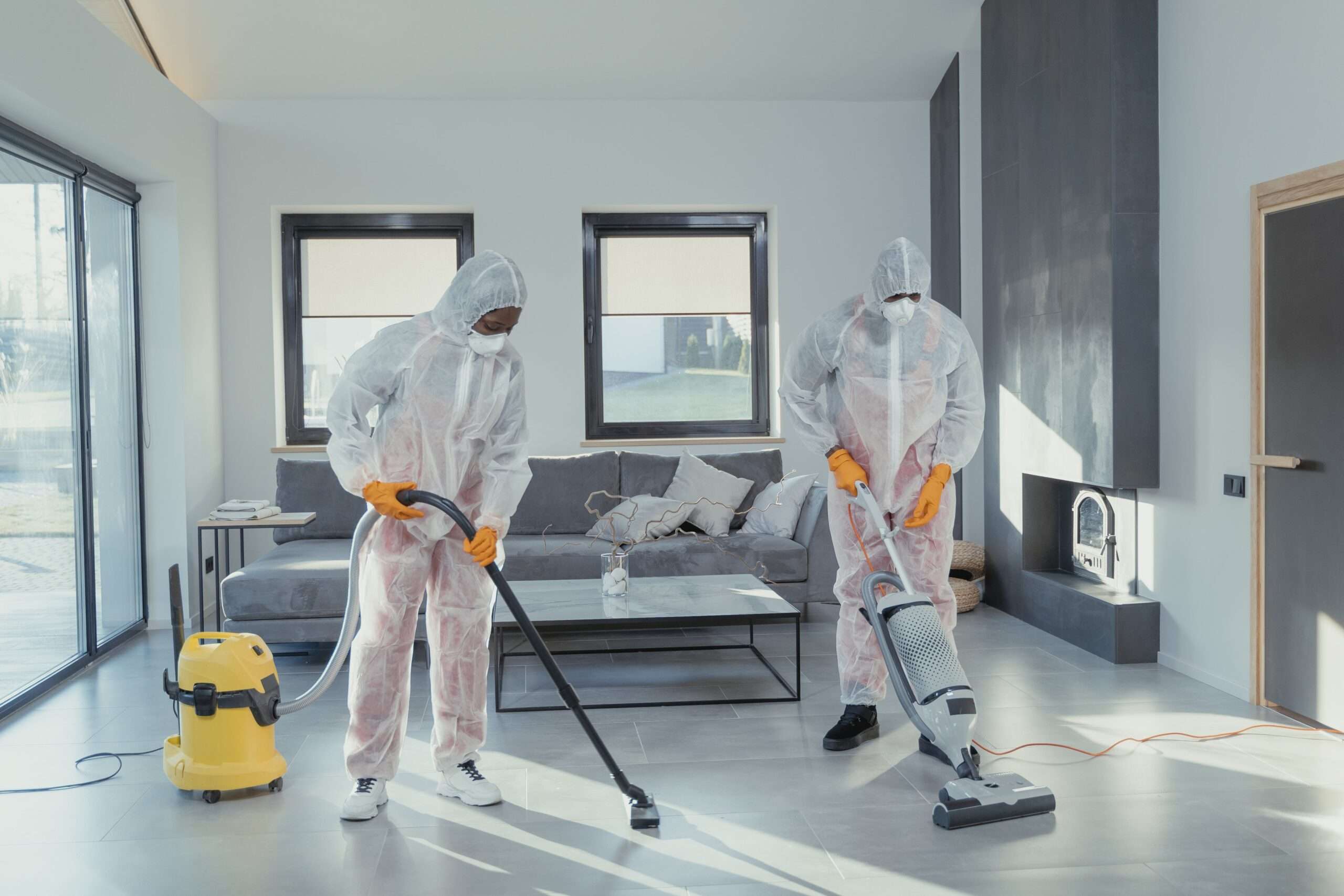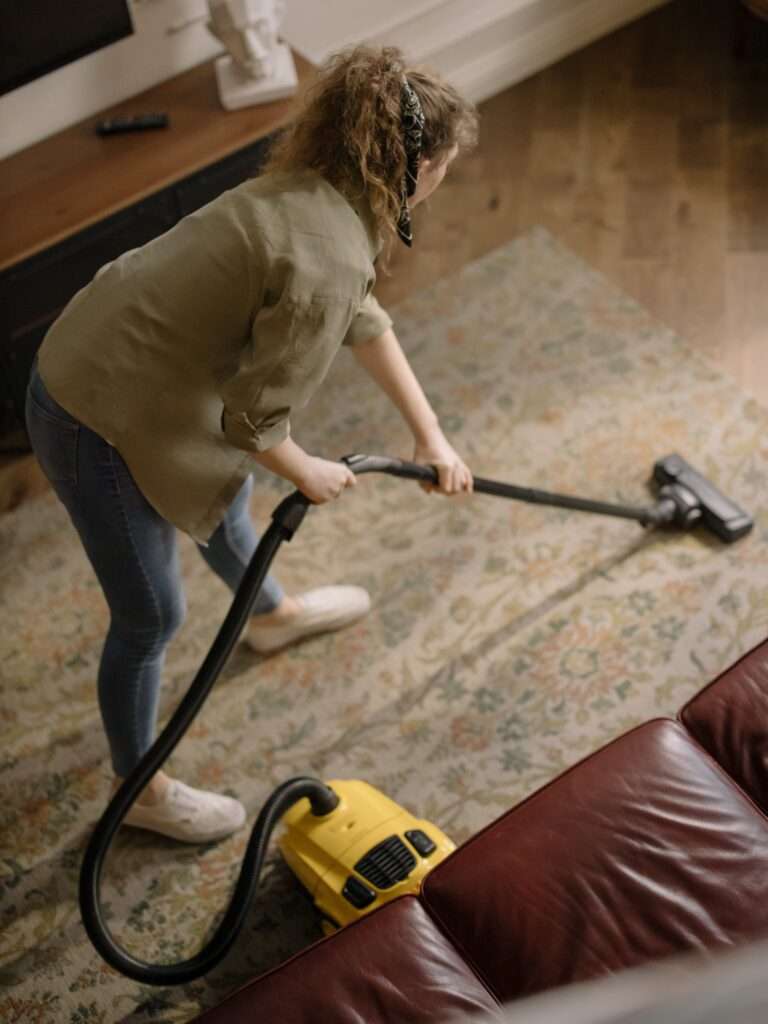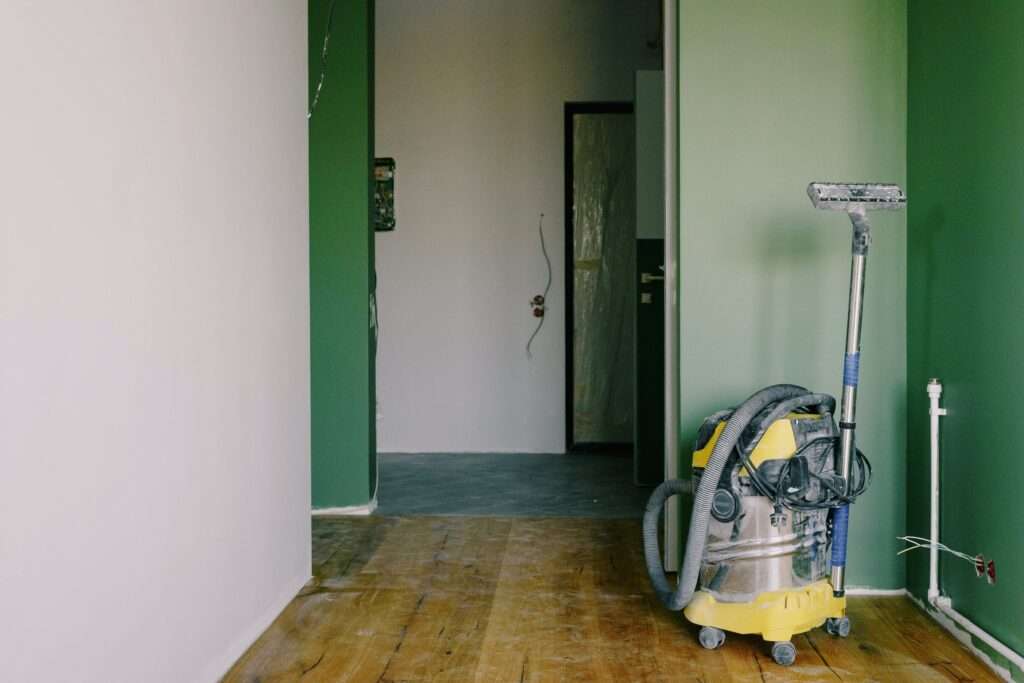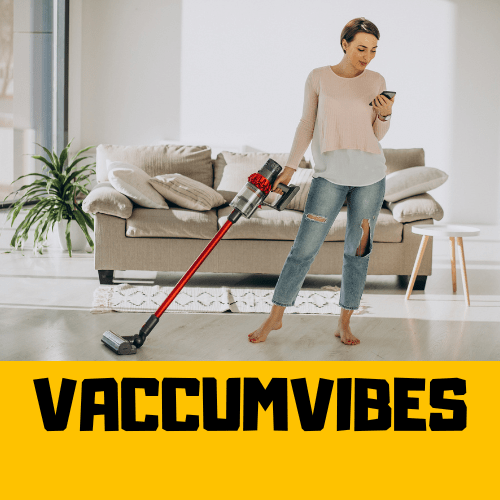
If you are enthusiastic about business accounting and focused on going with optimal and error-free decision-making for your business, then you must have encountered a frequently buzzing question: is vacuum cleaner a fixed asset or just a tool? When analyzing, as a company owner, whether is vacuum cleaner a fixed asset, you should focus on the utility that it offers your company and whether it is fundamental to your daily industrial operations.
Although different types of vacuum cleaners offer varying utilities to users, the high-end and medium commercial-grade models continue to serve you for years, enduring heavy and regular use and satisfying the criteria for being a fixed asset. Stick to this article till the end to know whether is vacuum cleaner a fixed asset or not based on its utility and context for optimal business management and error-free financial reporting.
Table of Contents
What is a fixed asset?
The tangible items, chiefly properties and equipment, that serve any company’s operations in the long term to generate revenue are referred to as property, plant, and equipment, or fixed assets, in the company’s balance sheet. Fixed assets are expected to last eventually so that the company can extract its maximum benefits; they are not for selling purposes and take a minimum of one year to get converted to cash.
Fixed assets make daily company operations convenient and hassle-free and are chiefly used in the delivery of goods and services, production processes, or rent out to third parties. Common examples of fixed assets are machinery, office furniture, buildings, and, chiefly, vehicles.
The U.S. Small Business Administration in one of their studies, mentioned that fixed assets comprise a significant portion of a company’s total assets, and in this regard, companies hailing from the construction and manufacturing industries typically have the highest proportion of fixed assets. For example, it has been noticed that in manufacturing, machinery, and equipment have received considerable investment, with an average of 30% to 40% of total assets.
Fixed assets have proven their reliability for increased organizational productivity coupled with optimal revenue generation. Just as excavators, bulldozers, and other heavy types of machinery serve construction companies in the long run to carry out projects efficiently, similarly, a retail store relies significantly on fixtures and fittings, such as display units and shelves, to exhibit their product range effectively and beautifully, contributing to the company’s value and its long-term success.
Understanding Fixed Assets in Corporate Accounting
Four fundamental characteristics differentiate fixed assets from other various assets of the company and these are also the parameters to see if any asset can be classified as a fixed asset.
Tangible Nature: The properties and equipment owned by a business that can be touched and seen can only be regarded as fixed assets. Fixed assets are unique from trademarks or patents which are intangible.
Longevity– A company purchases fixed assets to serve them and multiplies their revenue for a time period of at least one year or one accounting period.
Not for resale: As fixed assets are fundamental to the daily business operations, they are not meant for resale and are expected to serve the company for an extended duration.
Essential for operations: The assets that actively contribute to the company’s daily operations, including the delivery of goods and services, the production process, or renting out to third parties, can only be regarded as fixed assets.
Is vacuum cleaner an asset?

Vacuum cleaners are categorized as tangible assets since they are physical items. They can be touched and cater to company utility by sucking up dirt, dust, and debris from different surfaces of commercial spaces while also purifying indoor air by killing away allergens and pollutants to offer a hygienic workplace.
Vacuum cleaners having a fixed monetary value are regarded as fixed assets as they serve companies in the long term by offering a sparkling clean and hygienic workplace. Although different models and types of vacuum cleaners come with varying degrees of utility, their values can be found in the balance sheets of companies under the overall asset base category.
Is vacuum cleaner a business asset?
Yes, vacuum cleaners are regarded as business assets as they effectively clean out all dirt, dust, and debris from commercial spaces and purify the indoor air by killing allergens in the long term, which brings economic benefits to any company.
Vacuum cleaners have been shown to be essential in a variety of settings, including shopping centers, hotels, workplaces, and hospitals, where they help maintain hygienic conditions and cleanliness. Hotels make significant investments in sophisticated vacuum cleaners to maintain tidy and appealing rooms and public spaces, since cleanliness has a significant impact on patron loyalty and happiness.
They are regarded as tangible assets or fixed assets of an organization and their reasonable value can be found in the balance sheet of that organization as a business asset.
Is vacuum cleaner a fixed asset? -The vacuum cleaner Dilemma

Nowadays, vacuum cleaners are widely popular, and hotels, offices, and healthcare centers are purchasing various high-end to medium-range vacuum cleaner models to improve indoor air quality and keep surfaces germ-free and clean. Transcending beyond the task of cleaning surfaces, and filtrating indoor air to preserve hygiene standards, they help in preserving a healthy and positive environment by adding to customer satisfaction and employee productivity.
With rare exceptions of a few low-range models, the utility offered by various medium-range and high end vacuum cleaner models are infinite and are designed for daily usage with a long life of at least five years. So equipped with a long-life, tangible existence, and utility in daily company operations, vacuum cleaners can be regarded as fixed assets, which clears the confusion over whether is vacuum cleaner a fixed asset or not.
Depreciation of a Vacuum Cleaner: What is the depreciation rate on a vacuum cleaner?
With the concept of key assets, comes the concept of depreciation, in which the fixed assets lose their value with time as they become old due to obsolescence, wear and tear, and constant heavy usage for company processes. Companies book a part of the expenditure for a fixed asset each accounting period by spreading out the cost across the asset’s useful life.
For large and high-end vacuum cleaners designed for industrial use, companies prefer to apply the concept of periodic depreciation as an accounting consideration to spread out the expense of the vacuum cleaner over various points of its useful life rather than listing it as a single one-time expense.
With vacuum cleaners falling under the asset category of “Plant and Machinery” the depreciation rate under the Income Tax Act is considered 15%, but differences persist depending on the machines and what purposes they serve. The purchasing expense, is listed on the balance sheet as a fixed asset rather than an upfront expense.
Accounting Treatment of Vacuum Cleaners
Capitalization and Depreciation
In addition to the purchasing expense of the vacuum cleaner, any sort of additional cost incurred, excluding the routine maintenance cost to make it ready for use in company operations, is capitalized on the balance sheet of the organization.
In the next step, via the process of periodic depreciation, the purchasing expense of the vacuum cleaner is spread over its entire lifespan, the time until it will be functional with full utility. This depreciation expenditure, representing the purchasing expense of the vacuum cleaner for the relevant account period, is recorded on the income statement.
Book Value and Residual Value
A fixed asset’s book value is equal to its initial cost less the total amount of depreciation. Conversely, when an asset’s useful life ends, its residual value provides a rough assessment of its worth. To determine the depreciation expenditure, it is necessary to take into account both the initial cost and the projected residual value.
Vacuum cleaner residual value determination may be tricky because of the wide variation in use and maintenance habits. The financial effect of the item during its useful life can only be adequately reflected using this estimate.
Implications for Businesses
Financial Reporting Accuracy
When you treat the vacuum cleaner as a fixed asset for your business, there is a high chance that the financial reports generated will be accurate. Accurate financial reporting will assist investors, managers, and stakeholders in drawing a comprehensive picture of your firm’s assets and where they are contributing in terms of value.
Tax benefits of treating vacuum cleaner as fixed asset
When you are treating the vacuum cleaner as a fixed expense for your company, keep in mind that your tax reporting process can be influenced. Businesses typically have the option to deduct the cost of depreciating fixed assets, which may have a favorable impact on their taxable revenue.
Asset Management and Planning
A vacuum cleaner may be better managed as a fixed asset if treated as such. To keep their employees safe and provide a pleasant workplace, businesses may take steps to regularly maintain and upgrade their cleaning equipment. Budgeting and long-term financial planning are both made easier with a firm grasp of fixed assets.
Conclusion: Is vacuum cleaner a fixed asset in 2024?
To conclude, a high-end or medium-range vacuum cleaner, when used for commercial and business purposes, can be regarded as a fixed asset if it can actively contribute to the daily company operations and has a life longer than one year. The question of whether is vacuum cleaner a fixed asset depends on its utility to the company and what context it is used for.
To be classified as fixed assets, vacuum cleaners need to have a long life to actively contribute to company operations and help generate revenue. Accurate financial reporting and efficient company administration depend on knowing how to categorize assets, even commonplace things like vacuum cleaners.
Which type of vacuum cleaner are you using for your business? Comment down below!
FAQs
Can a vacuum cleaner be a business expense?
A vacuum cleaner becomes a business expense when it is solely used to conduct business operations; its cost is regarded as a deductible business expense.
Can I deduct the full cost of a vacuum cleaner as a business expense?
Depending on the tax regulations under which your business operates, you can deduct the whole cost of the vacuum cleaner as a business expenditure. As opposed to deducting the whole cost in the year of purchase, you may often need to depreciate the vacuum cleaner’s cost for its useful life.

For the past five years, I’ve been engaged as an SEO content writer, specializing in crafting engaging blog posts. My focus lies in meticulously exploring and evaluating household cleaning appliances, particularly those integrated with cutting-edge and emerging technologies.

Yes it is a fixed asset if it has not out lived its utility period. However the value will be a depreciated one.
Hi, Swatilekha Das
This is such a great take on thé mère little vaccum cleaner. Which residing calmly near thé washroom closet.
Believe me after reading thé article I went and take a look. Is it really a tangible asset? This was just a requirement.
Excellent Job Respected Ma’am
A valuable article for both Educational Development and Educators.
Stay safe and Blessed Life.
Quite informative,in detail.
informative post
yes it is!
Excellent job
The post provides a comprehensive look at the criteria for classifying assets and the specific considerations for vacuum cleaners within a business context. It is informative for those interested in business accounting and asset management.